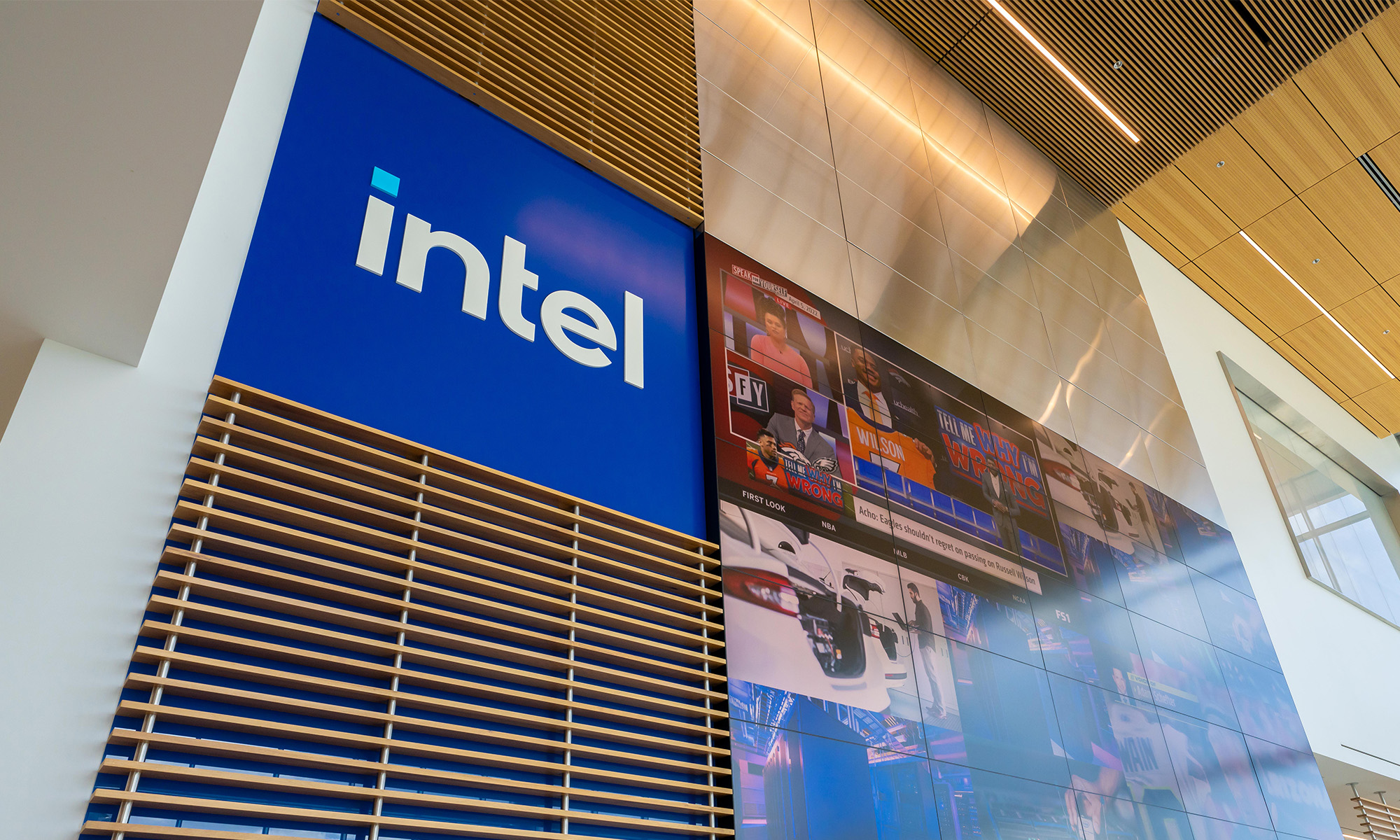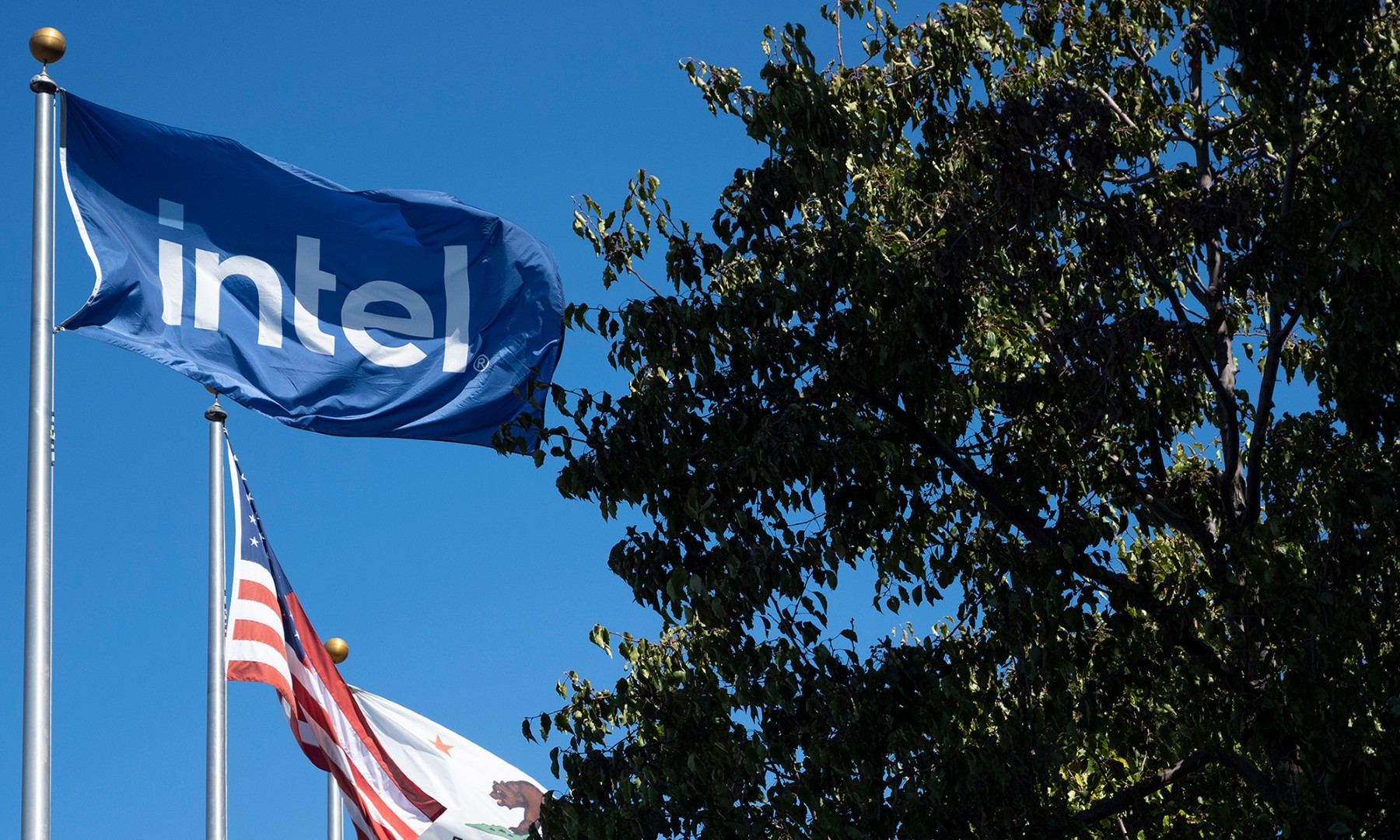By now you've likely heard the good news regarding Intel's (INTC 0.61%) recently announced, upbeat revenue guidance for Q2 of 2014. We'll know whether the positive signs come to fruition when Intel reports its Q2 on July 15. The upwardly revised forecast has been a boon for Intel shareholders, providing the impetus for a new, 52-week high stock price of over $30 a share. Intel's share price was up nearly 7% the day following the revision.
Though Intel shares haven't performed poorly year-to-date -- its share price is up over 15%, counting the recent pop -- you didn't have to look far to find industry pundits lamenting the chip giant's glacier-slow transformation to high-growth markets like mobile. Alas, Intel's improved outlook wasn't because of strides made in supplying chips for tablets, laptops, or smartphones, it was its old mainstay: PCs. A surprise? You bet, and worthy of some all-around good cheer, but does it substantially change anything relating to Intel's future? Or is industry leading Qualcomm (QCOM +0.75%) still problem No. 1?
Like an old friend
The continual decline in the PC market, Intel's bread-and-butter for decades, is nothing new. As consumers shift from desktop devices to laptops and tablets, manufacturers reliant on PCs like Intel have paid the price. It's no wonder Brian Krzanich's first order of business when he was named Chief Executive Officer was to tell anyone who would listen that Intel needed to shift away from PCs to mobile devices.
The doom-and-gloom surrounding PCs is what made Intel's upwardly revised guidance for this quarter such a pleasant surprise. According to Intel, "stronger than expected demand for business PCs," will result in approximately $13.7 billion in revenue this quarter, up from earlier expectations of about $13 billion. That's a significant change, and it's easy to see why investors celebrated.
Strong business PC sales should also translate to overall revenue growth for 2014, Intel said, and gross margins should finish up near the high end of its earlier forecasted 61% range. Again, positive news at a time when Intel could use a little. But there's another perspective, too. Increased revenue guidance based on better-than-expected PC sales instead of improved mobile chip sales? That sounds suspiciously close to the old Intel.
Great, but so what?
Growth in business PC sales, as nice as it is for Intel shareholders in the near-term, doesn't mean much for its future. While PC sales may prove to be a bit stronger than some thought, it will always be an industry with little, to no, overall growth potential. Higher than expected sales, doesn't mean higher than last quarter, or last year, certainly as the overall PC market is concerned. This year's Q1 marked the eight straight decline in PC sales. Bottoming out, maybe, but that's about it.
So, that brings us to Intel's mobile efforts, something Krzanich called "critical" to Intel's long-term success. Granted, chip manufacturers, even behemoths like Intel famous for its chip development processes and relatively rapid turnaround, can't arm themselves with mobile chip solutions overnight.
With Krzanich firmly behind Intel's full steam ahead shift to mobile, it's not overly optimistic to expect it to have made some headway by now. Keep in mind, Intel is relatively new to the mobile game, but not brand new. Sure, it's a long road ahead to catch Qualcomm, which owned a whopping 64% of the mobile processor market in 2013. And investors should not expect Intel to make huge inroads on Qualcomm's turf, but chipping away at some of that 64% isn't too much to ask. But it's not happening. In Q1 of this year, Intel mobile chip sales dropped 61%.
Final Foolish thoughts
Not all is lost for Intel, by any stretch. Intel's data center group continues to show steady, quarterly revenue improvement, jumping 11% year-over-year last quarter. With so much upside in the cloud computing and data hosting markets, Intel's data center division could prove to be an on-going bright spot. And Intel isn't without smartphone and tablet customers of its own, despite Qualcomm's commanding market position.
But when push comes to shove, Intel must begin gaining market share in mobile. A stabilizing, if not spectacular, PC market is well and good, and Intel is clearly poised to continue dominating. But for investors, the future is about growth, not maintaining the status quo. Business PC sales are slightly better than expected. Great, now Intel needs to get back to focusing on the task at hand.






